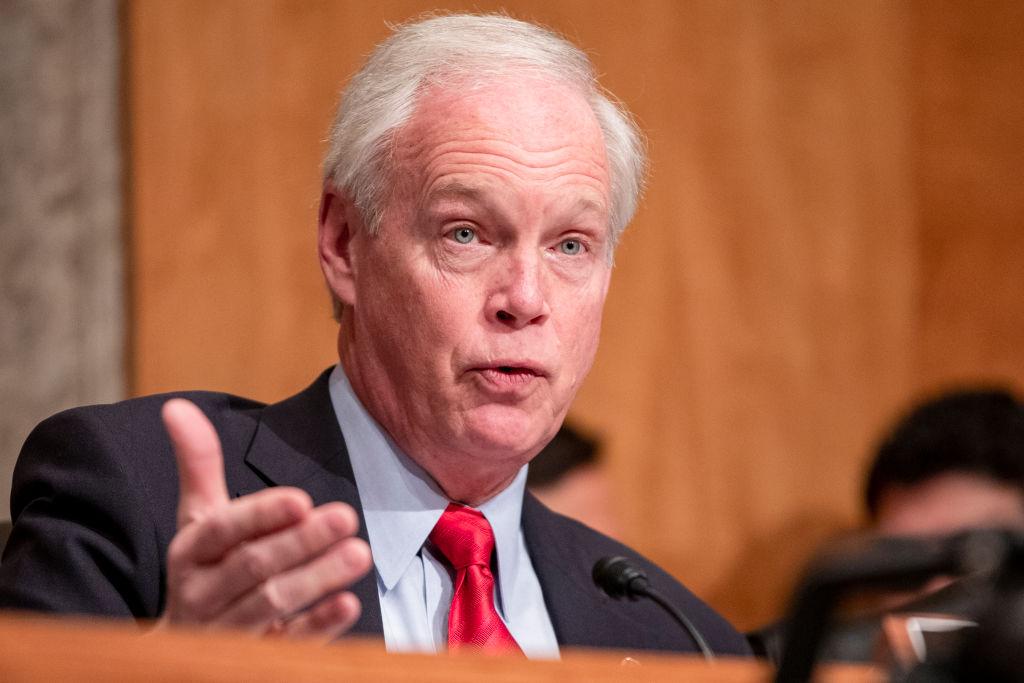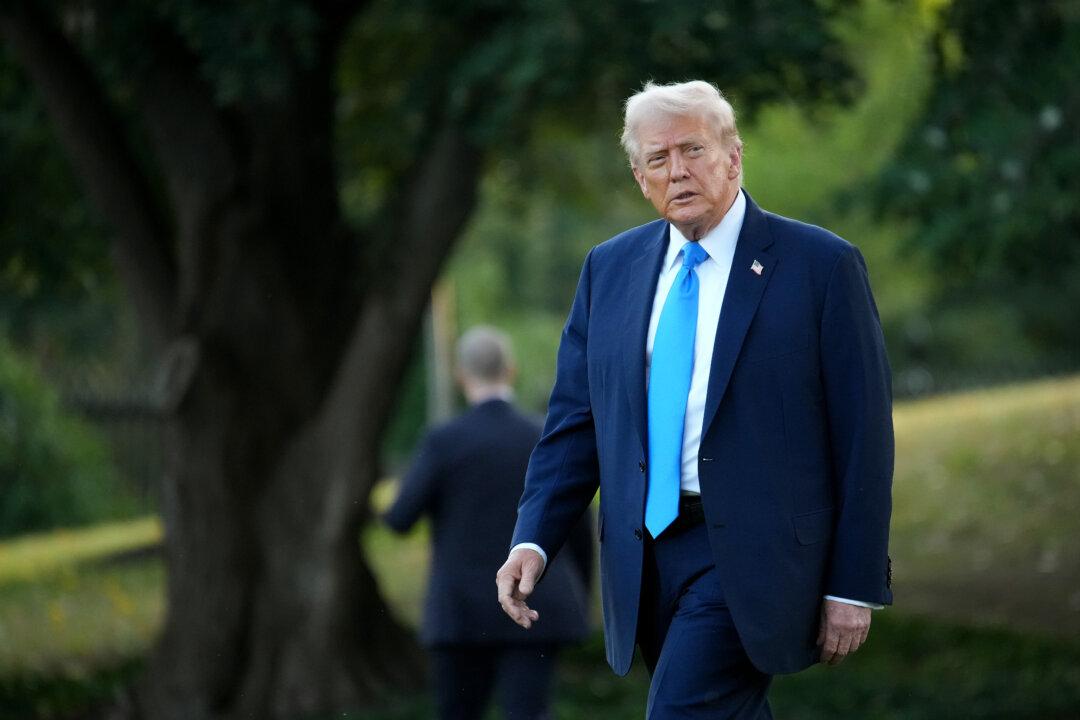U.S. Sens. Marsha Blackburn (R-Tenn.) and Ron Johnson (R-Wis.) introduced legislation in the upper chamber this month that they say would be a safeguard of American sovereignty against the World Health Organization (WHO).
“This legislation would require any convention or agreement resulting from the work of the [WHO’s] intergovernmental negotiating body be deemed a treaty, requiring the advice and consent of a supermajority of the Senate,” according to a Feb. 27 statement published on Blackburn’s website. The proposed legislation is named the “No WHO Pandemic Preparedness Treaty Without Senate Approval Act.”





